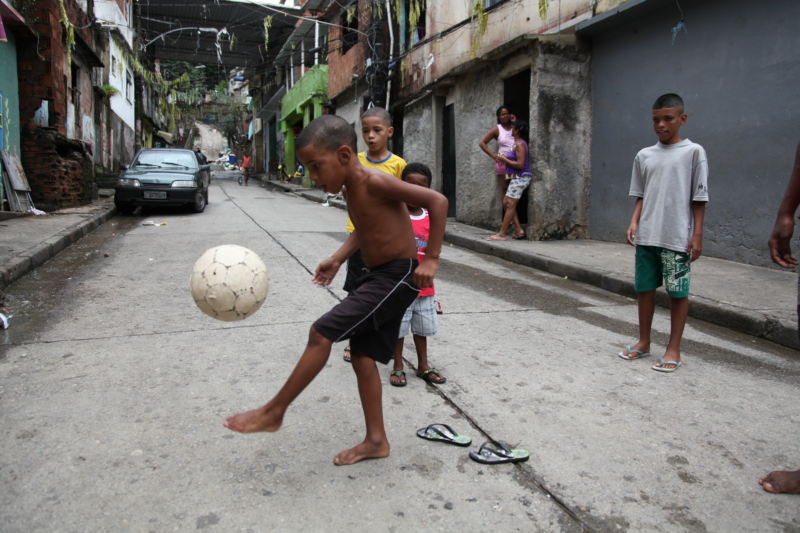Fiscal Policy, Inequality and the Poor in the Developing World
 Deutsche Welle / Flickr / (CC BY-NC-ND 2.0)
Deutsche Welle / Flickr / (CC BY-NC-ND 2.0)
This paper analyzes the impact of fiscal policy on inequality and poverty in twenty-five low and middle income countries for around 2010.1 Using the World Bank classification, the group includes two low income countries: Ethiopia and Tanzania; nine lower middle-income countries: Armenia, Bolivia, El Salvador, Ghana, Guatemala, Honduras, Indonesia, Sri Lanka and Tunisia; eleven upper middle-income countries: Brazil, Colombia, Costa Rica, Dominican Republic, Ecuador, Georgia, Jordan, Mexico, Peru, Russia and South Africa; two high-income countries: Chile, and Uruguay; and, one unclassified (upper middle-income, most likely): Argentina. 2 The data utilized here is based on the country studies available in the Commitment to Equity Institute’s database on fiscal redistribution.3 The studies apply the same fiscal incidence methodology described in detail in Lustig and Higgins (2013) and Lustig (forthcoming). With a long tradition in applied public finance, fiscal incidence analysis is designed to respond to the question of who benefits from government transfers and who ultimately bears the burden of taxes in the economy (Musgrave 1959; Pechman 1985; Martinez-Vazquez 2008). The fiscal policy instruments included here are: personal income and payroll taxes, direct transfers, consumption taxes, consumptions subsidies and transfers in-kind (in the form of education and healthcare services). This article makes three main contributions. First, because the fiscal incidence analysis is comprehensive, one can estimate both the overall impact of fiscal policy as well as the marginal contribution of each instrument. Second, the analysis includes the effects of fiscal policy not only on inequality but also on poverty. Third, because the studies apply a common methodology, results are comparable across countries.



















